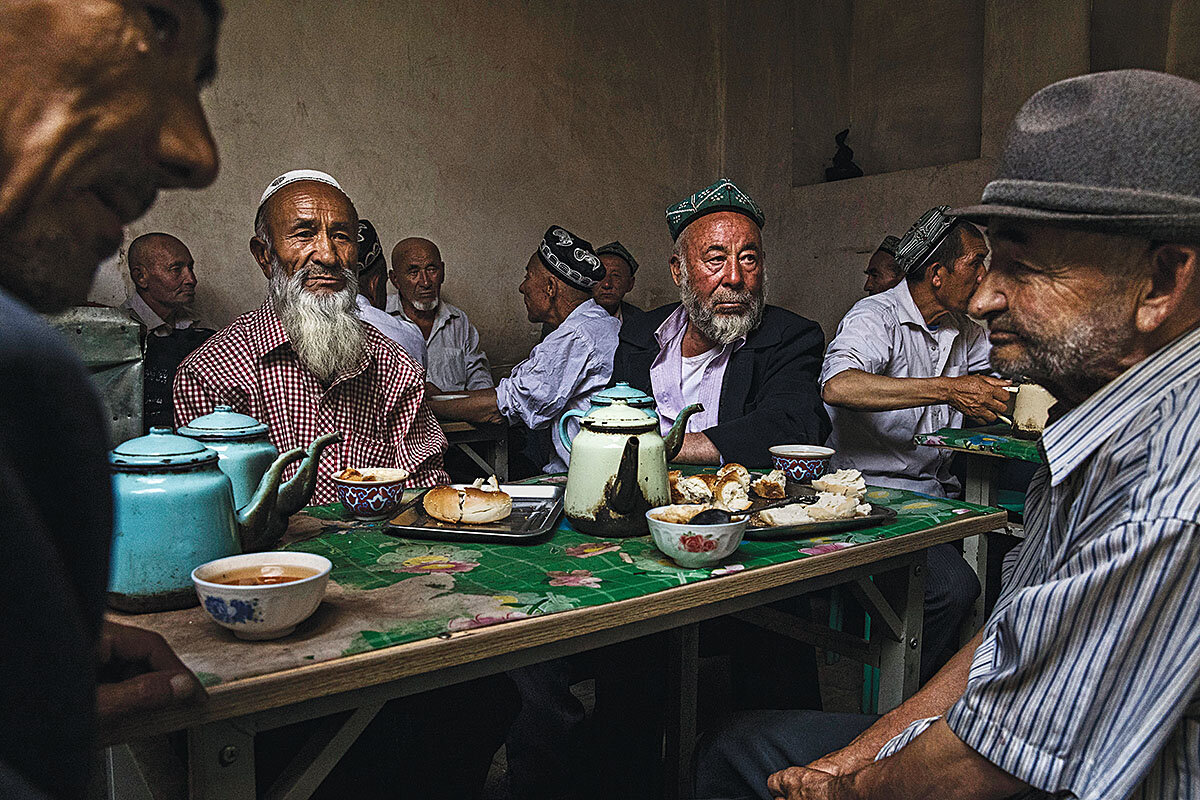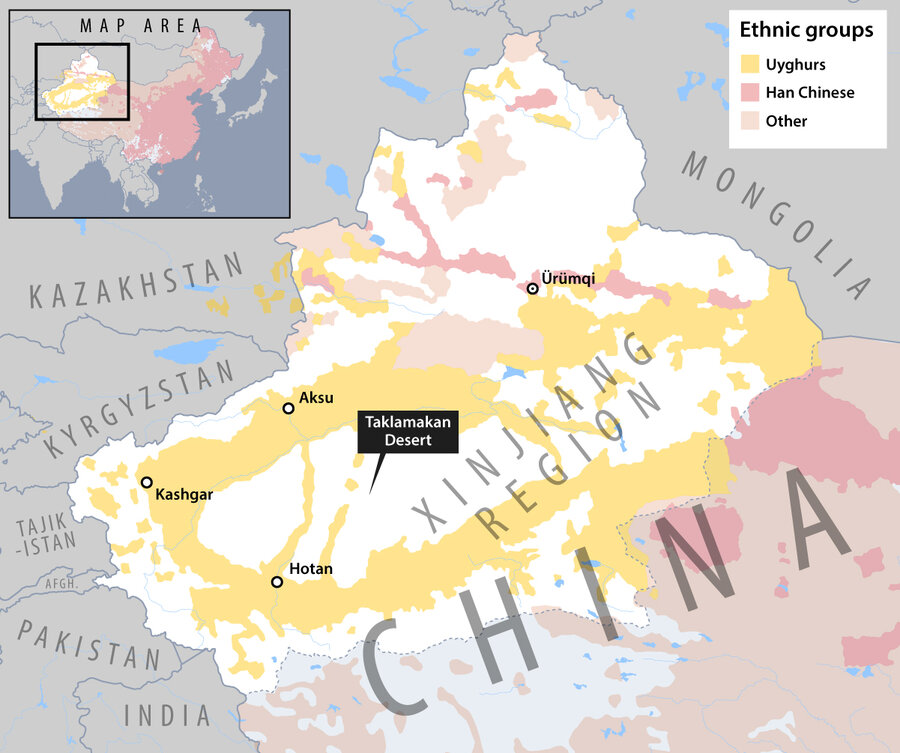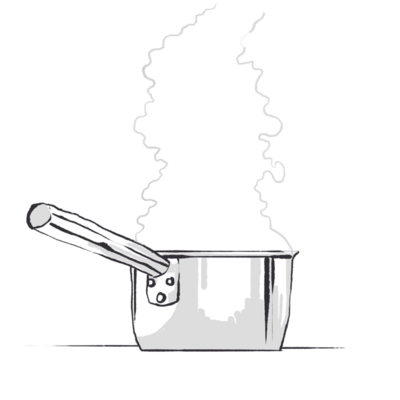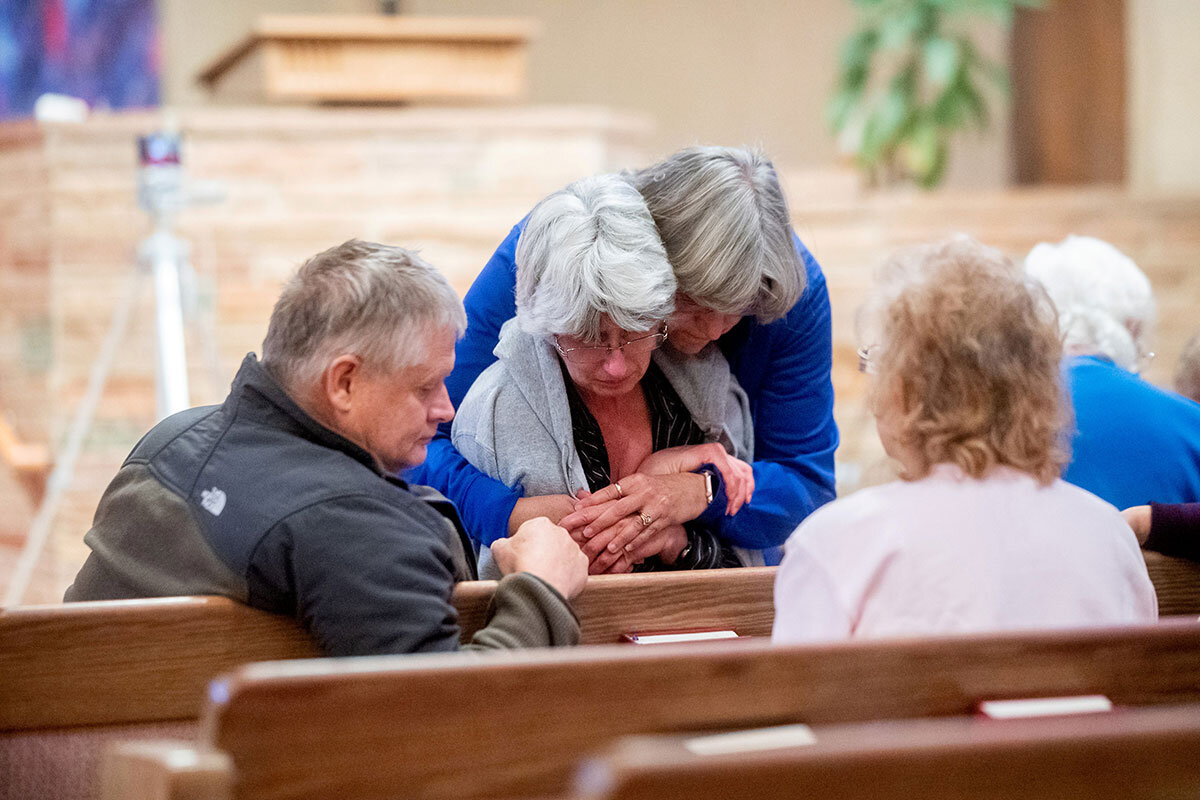Ann Scott Tyson found reporting especially challenging in the western region of Xinjiang, where she went to witness the impact of China’s forced ‘reeducation’ of its Uyghur minority. But that work produced a rare and nuanced look at the project’s effect.
Monitor Daily Podcast
- Follow us:
Remember “Day Zero”? That was the moment earlier this year when the drought-stricken South African city of Cape Town was predicted to become the globe’s first developed city to run out of water.
Sharp reductions in household and agricultural use averted a crisis. (To see how that played out, read our cover story from April.) But the threat is ongoing. And one way to ease it may be as straightforward as pulling up trees.
That might seem counterintuitive. But what The Nature Conservancy is asking in its is to take a fresh look at solutions to water security. The trees are invasive species. In the Cape Town region, where 69 percent of catchments have been “invaded,” eucalyptus, acacia, and pine guzzle 20 percent more water per hectare (about 2.5 acres) than native vegetation. Annually, that eats up some 55 billion liters of water – two full months of supply.
The Nature Conservancy says clearing them could make available 55.6 billion liters in six years and 100 billion liters – one-third of Cape Town’s current supply – in 30. It has launched a , one of more than 30 such urban public-private partnerships, to focus on “green infrastructure” over far more costly, and less productive, concrete “gray infrastructure” such as treatment plants. And government officials and large corporations alike are getting behind the idea of removing barriers to letting nature do its work.
Now to our five stories, including two special reports: one from western China on the embattled Uyghur minority there and one from a town bordering the Sahara in Niger that is trying to pivot away from the people-smuggling business – with some help from the European Union.












